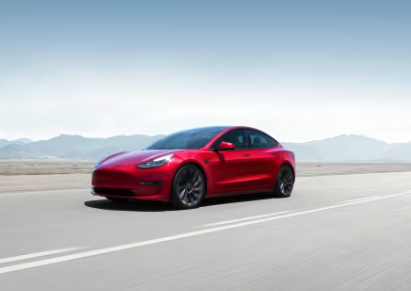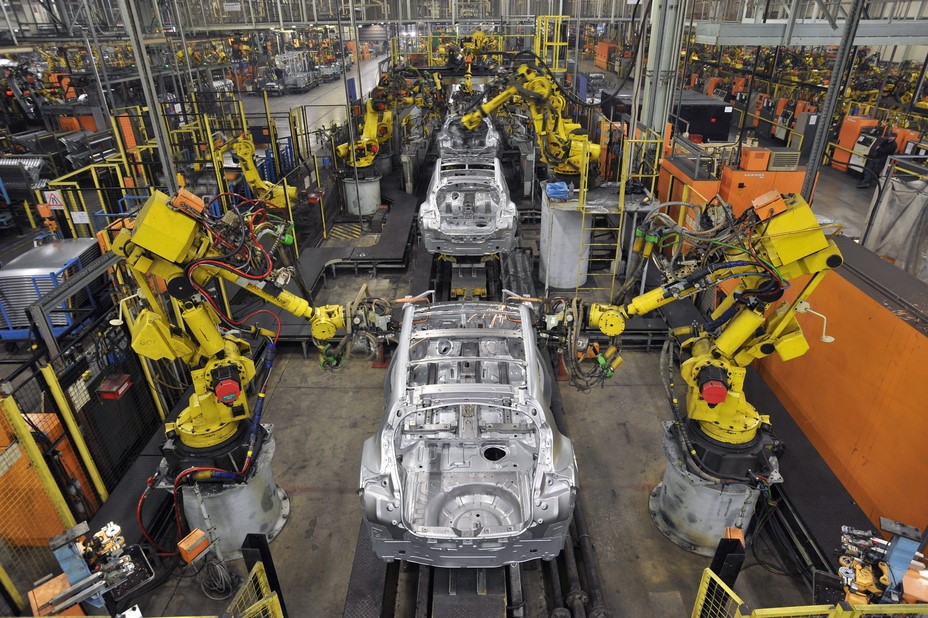European new car supply constraints are starting to ease, just as consumers are curbing spending amid high inflation, rising interest rates and falling property prices, according to a new report by Bloomberg.
However, Bloomberg Intelligence’s Europe Midyear Autos Outlook 2023 report shows that the negative macroeconomic backdrop won't translate into lower 2023 sales, given 2022 matched prior European and US recession lows.
Taking a global view, China has the scope to outperform after a strong sales recovery following H1 2022 lockdowns due to Covid-19.
One risk is that geopolitical unrest weighs on sentiment for German automakers, which rely on China for at least one-third of earnings.
Michael Dean, senior industry analyst - autos, Bloomberg Intelligence, said: “Reduced consumer confidence and rising interest rates point to fewer orders and declining prices for EU automakers just as semiconductor constraints ease, with crisis-level valuations reflecting uncertainty about high 2023 earnings before interest and taxes (EBIT) expectations and geopolitical risk.
“The industry is also being buffeted by the transition to battery-electric vehicles (BEV), and the weak execution of ambitious sales-mix targets and escalating battery costs is driving down multiples.
“Other risks include BEV sales held back by an inadequate charging infrastructure, and battery supply becoming the industry's next bottleneck.”
Dean said the race for BEV supremacy only has two participants in his mind, with Volkswagen the sole contender for Tesla's crown until at least 2026.
He believes other legacy brands could gain critical mass on their next-generation of digitalized platforms “in the latter part of the decade”.
Bloomberg Intelligence said EU automakers' combined 2023 consensus EBIT has increased 8% since September as fears of a global recession receded; however, pricing discipline remains a key risk, and a 1% top-line decline suggests a 10% earnings downgrade, based on BI analysis.
Can luxury remain on top in 2023 vs. tech?
 Luxury automakers have proven to be a safe haven in H1, which should continue since Ferrari, Porsche and Lamborghini's order books and pricing remain strong.
Luxury automakers have proven to be a safe haven in H1, which should continue since Ferrari, Porsche and Lamborghini's order books and pricing remain strong.
Tech-related auto stocks have lost their shine, and though Tesla's shares have rebounded strongly in H1, they're still 50% below the 2022 peak due to concerns over lofty growth expectations, autonomous driving and now pricing.
Tesla faces its first real competition in 2023 with a wave of BEV launches from VW, Audi, Porsche, BMW, and Mercedes, all seeking tech recognition.
Dean said: “Tesla's new EU capacity and competitive pricing should enable it to retain its BEV sales crown for at least another two years, though Volkswagen is hot on its heels and could overtake in 2025-26 assuming software delays are resolved.
“Indeed, VW already enjoys a leading 22% BEV market share in Europe, but this dominance needs to be replicated in other regions, particularly China, where its BEV share in year-to-April was only 3% vs. 20% for the overall market.
“China's BYD was the third-largest BEV player in 2022 and may exceed 1 million units annually by 2024. Porsche's CEO took over as VW group CEO in September with the newly listed luxury brand spearheading VW's transition to BEV.”
Dean added that battery prices for BEV will remain critical to cost competitiveness, with all carmakers chasing the same commodities at the same time.
Adding battery capacity raises the stakes further, suggesting “battery supply may be the next bottleneck from 2025”.
VW is investing as much as €30 billion in the supply chain, notes BI, including six new battery-cell plants in Europe by 2030.
The company is also extensively hedged on commodities.
Sweden's Northvolt starts production on premium cells for VW in 2023.
Audi's CFO has highlighted the company’s progress, with its midsize Q4 BEV SUV's margin now similar to its internal-combustion-engine (ICE) counterpart, the Q3.


















Login to comment
Comments
No comments have been made yet.